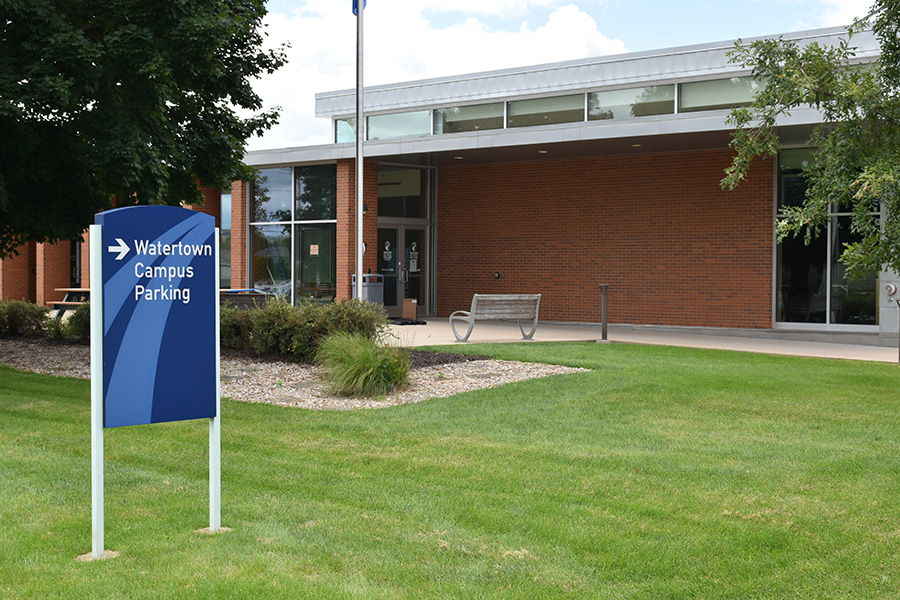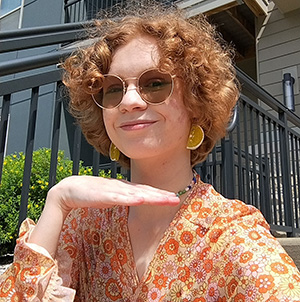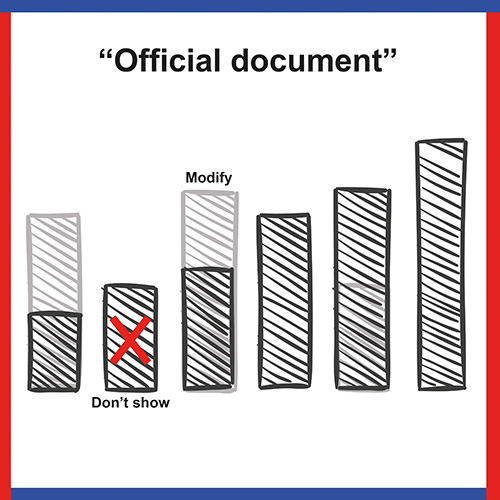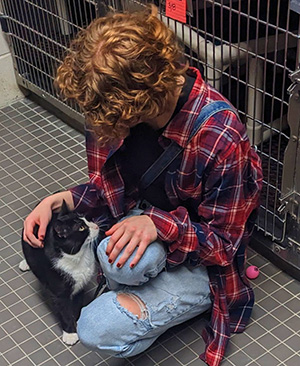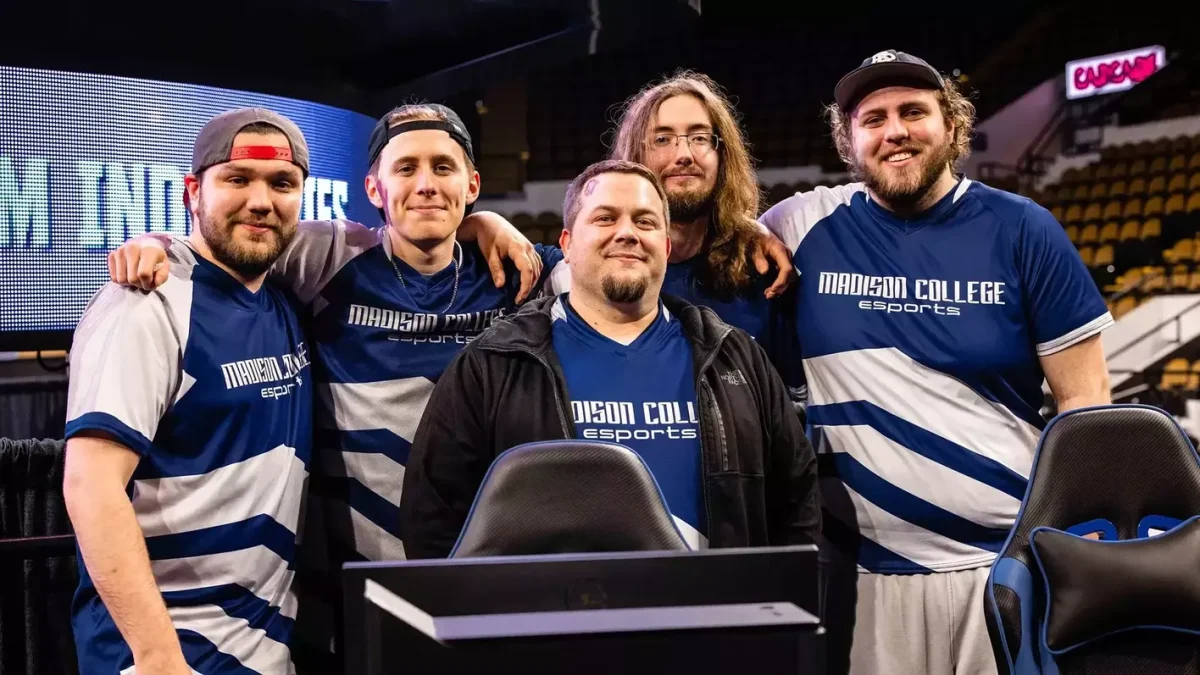During September, our government honors families of service members still missing, whose remains from previous wars have not been returned home. The federal observance is recognized on the third Friday of the month, known as “POW-MIA Recognition Day.” For those who may not know, POW-MIA stands for “prisoner-of-war” and “missing in action.”
Last month, for the third time, the Wisconsin State Senators introduced a bill to help bring closure to Wisconsin POW-MIA families. The bill would provide the University of Wisconsin’s Missing-in-action Recovery and Identification Project roughly $360,000 for locating Wisconsin-specific cases.
But some families find roadblocks in their efforts to find loved ones.
For example, the case of First Lieutenant Jerome A. Volk of the Wisconsin Air National Guard, a missing serviceman since 1951. Project director and close Volk family friend Charles Konsitzke, advocates for locating and returning services and the bill’s passage.
Passage of the bill means being one step closer to bringing home their loved one who has been lost abroad for over 70 years.
“Everybody wants to come home. Everybody has got a family to come back to,” Roger Roth (R-Appleton), author of the previous bill, Senate Bill 602, said when he served as senator last session.
Forty years later, during the 2019-2021 legislative session, Senators introduced the first bill, Senate Bill 446. For this bill the Senate listened to University of Wisconsin-Madison alumna and Volk family representative, Jeri Volk Barry speak to support the project.
Volk Barry’s letters to senators seek closure for Wisconsin MIA families through the UW MIA repatriation research project. In addition, her letter shares her uncle’s devastating MIA story, providing a snapshot of her family’s anguish as each holiday passes.
Her words drive the advocacy of the UW MIA repatriation project’s mission.
“The fact that my uncle has never returned has taken a tremendous toll on our family. To think about the collective anguish felt by the 1,500 Wisconsin families with the missing dead is beyond my capacity to describe into words,” Volk Barry said.
The project helps veterans with their college readjustment through a pilot program University of Wisconsin Missing-in-action Recovery and Identification Project. The project’s President Charles Konsitzke, calls it “Boots on the Ground,” fueling hope in the hearts of MIA families
Konsitzke speaks passionately about the mission of recovering Wisconsin-specific cases. For academic research, they go abroad, sifting through soil to find remains through various data-gathering methods.
The mission continues to appear before senators sharing the benefits of funding the program, however, it “dies in committee” due to “failure to concur pursuant to Senate Joint Resolution 1.”
In previous bills, the Wisconsin Air National Guard allowed a senator and Truax Airfield public affairs veteran to advocate as an author. The previous bill, Senate Bill 602, brought senate delegates representing the Wisconsin Air National Guard’s prestige and lineage together, hoping the bill would pass.
Unlike other states, Wisconsin can allocate funds for University of Wisconsin research to help speed up the process of positively identifying and recovering human remains. UW’s process happens to be quicker than the federal government’s Department of POW-MIA Accounting Agency’s previous methods.
Roger Roth believes red-tape reform is needed. “This is a shame, with all the funding that they get, that they have not been able to reform that to work quicker and to be more agile and quicker in responding,” he said.
The allocation of funds and their use
During the interview, Konsitzke shared the back story of the bill. He met Volk Barry at the Volk Airfield monument, unaware of who she was. Konsitzke’s fondness of Volk originated from growing up with his father at Camp Douglas. Although, he never knew the real story about the Volk family’s sacrifice, while visiting his monument on his dirt bike.
“It was kind of an ‘aha’ moment when she informed me that Jerome Volk was her uncle and missing. And that knowing him and being on that base in my childhood, knowing that it was named after a missing airman, it was the ‘you’re on the right path’ moment,” Konsitzke said.
The project provides details regarding all recovered by collecting archives that portray the service members’s last moments. Volk’s remains cannot be retrieved due to North Korea’s demilitarized zone federal policies.
The folder and files regarding Volk’s last flight have grown exponentially since Volk Barry’s last visit to the project’s planning room at UW’s Biotechnology Center, where she shared boxes of letters and archives from her father’s shoeboxes.
“My father dedicated his entire life to bringing his brother home,” Volk Barry said. She continues, “Sadly, my father died in 2016. It is my hope that one day my uncle can return home and be laid to rest at Volk Field.”
Volk Barry and Konsitzke connected before the presentation. In many ways, the bill has a family of its own, a voice, an anthem, a dedication to bringing closure to all families, and a spark lit in the hearts of state commanders who raise funds waiting for the bill’s passage. The project’s voice gets louder each session, especially when the state refuses to pick up the bill without providing answers.
Roth shared that when servicemembers are never found or brought home, the family is always out there waiting, noting it takes time for families to learn if their loved ones are MIA or KIA” “The families are always in the hallways. You can see it on their face and meet with some, who after an extensive period of time, they did find the remain,” Roth said.
The POW-MIA issue and politics
Department of Revenue Secretary Peter Barca (D-Kenosha) said the committee played politics during the past governor election and did not bring the bill into the assembly last session. Barca, the small business administration secretary during the Clinton administration, advocated for allocating the POW-MIA chair at the Rotunda. Passionate about seeing the bill’s passage, Barca shared his fondness and experience working with POW-MIA advocacy veteran organizations.
“It’s certainly not an issue of having enough financial resources over a $2 billion surplus. Somebody is playing politics here,” Barca said
Through her communications director, S.B. 602’s co-author, Sen. Melissa Agard (D-Madison), could not provide insight into why the assembly did not bring the bill forward. She believes investing in POW-MIA families is a priority.
“When ‘fails to pass pursuant Senate Joint Resolution 1’ is written in the bill history, it is the legislative language used to indicate that the session concluded for the year,” Sen. Agard’s Communication Director Chandra Munroe said. “No further action can be taken on proposals previously introduced.”
The previous bills did not pass, even with unanimous bipartisan support and co-authoring of bills. Despite politicizing through the Committee on Rules’ decision not to pick up the bill, Assembly, and Senate members cannot understand why.
Senators, the governor, the department of revenue secretary shared the bill’s narrative while veteran organizations and POW-MIA families wait for an answer from Assembly Majority Leader Robin Vos (R-Burlington) about why the previous bills have not been brought before the Assembly for a vote.
“All bills that are not passed are adversely disposed of pursuant to Senate Joint Resolution 1,” Wisconsin State Assembly Chief Clerk Ted Blazel explained. “That is the procedural language for disposing of all bills at the end of the session. It does not denote a negative in the sense of a bill being ‘tossed’ aside. I hope this helps.”
The “toss” was discussed during the public comment address at the Capitol. Senators unanimously agreed the bill should have passed already. Politics, the allegation made by Barca last session, is why many of them believe the bill needed to be introduced the third time.
“There are families across Wisconsin who are still grieving the loss of loved ones who never came home,” Assembly Minority Leader Greta Neubauer (D-Racine) said. “There is no reason this bill should be stalled in the legislative process. It’s time Republicans move this bill forward so we can help provide closure to families across our state.”
This past Friday, the POW-MIA advocates filled the Rotunda with silence, symbolically representing the voice of the POW-MIA. The sentiments expressed by the committee on rules heard by Wisconsin families await the impending possibility the bill will not make it past the assembly for another session.
Interview requests were sent to Assembly Majority Leader Robin Vos regarding the S.B. 602 death in committee. He did not comment on the issue.
Editor’s note: Content from this article was part of the author’s investigative interactive capstone project while working on his undergraduate degree at the University of Wisconsin-Whitewater. He graduated summa cum laude in May from UW-Whitewater and is pursuing a master’s degree from UW-Milwaukee. He has been following the progress of the bill since its introduction in 2019. Visit www.outpost422.com for more information or read the full version of this article.




